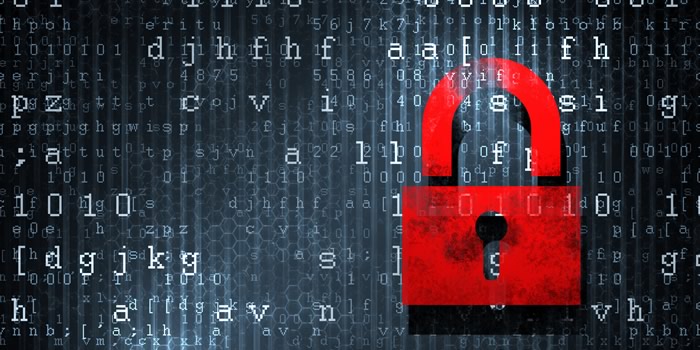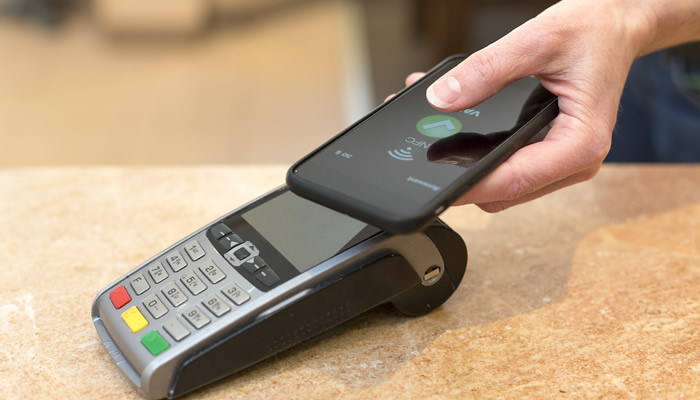
It seems hardly a week goes by without a data breach of some sort. Some data breaches are more high-profile than others like the Home Depot credit card breach and more recently the Equifax data breach, but they’re data breaches nonetheless.
Data breaches are both frustrating and aggravating for cardholders and rightfully so. You can do all the right things as a cardholder to protect yourself – shred confidential documents, avoid using your credit card at less secure locations like gas stations and only providing your credit card information to reputable merchants – only to have your credit card information compromised in a massive data breach.
This has a lot of cardholders calling into question the security of credit cards these days and asking the question: are credit cards more secure these days than they used to be? Let’s take a closer look at this complex question.
Chip-and-PIN Helping Stop Counterfeit Credit Cards
The good news is that credit cards aren’t being counterfeited like they used to be. Advancements in credit card security like Chip-and-PIN have made it extremely challenging for credit cards to be fraudulently duplicated. That’s because the EMV chip in your credit card is like a mini-computer. This mini-computer holds your credit card’s encrypted data.
Chip-and-PIN has replaced signatures, which can be easily forged. Chip-and-PIN have made credit card fraud like skimming almost negligible. Fraudsters are no longer able to easily counterfeit your credit card and ring up big purchase on your behalf – and that’s a good thing!
Credit Card Fraud Moving Online
With the fraud of physical credit cards more difficult, fraud is moving online. While Chip-and-PIN may help protect cardholders when making purchases in brick-and-mortar retailers, the one shortcoming is that it doesn’t protect you when making purchases online. It’s also more challenging for the authorities to track down online fraudsters. Online credit card fraud is often referred to as a faceless crime, but its financial impact can be devastating. It raises the total cost of transactions for cardholders, merchants and credit card companies alike.
So, we know that the majority of credit card fraud takes place online these days – what can we do about it? While it’s easy to play the blame game and say that the companies who were breached should have had better security systems in place, stopping data breaches is easier said than done. Security personnel at these companies are in a never ending battle with hackers who are trying to exploit any and all weaknesses that may exist. When a weakness is exploited and patched, it’s onto the next weakness for hackers to exploit to attempt to steal your data.
That being said, there are some things you can do as a cardholder to better protect yourself. Be careful about any company that you hand your credit card information to online. Only make an online purchase with a reputable retailer.
Another good practice is to never save your credit card information online. Although online retailers encourage you to do it, saving your credit card information online leaves it open to be compromised in a massive data breach, not to mention it’s more tempting to indulge in impulse purchases.
The Bottom Line
Unfortunately, it looks like online data breaches are here to stay. But by doing your part by only sharing your credit information with those you trust, you can help mitigate any damage that may occur should your credit card information be compromised.




